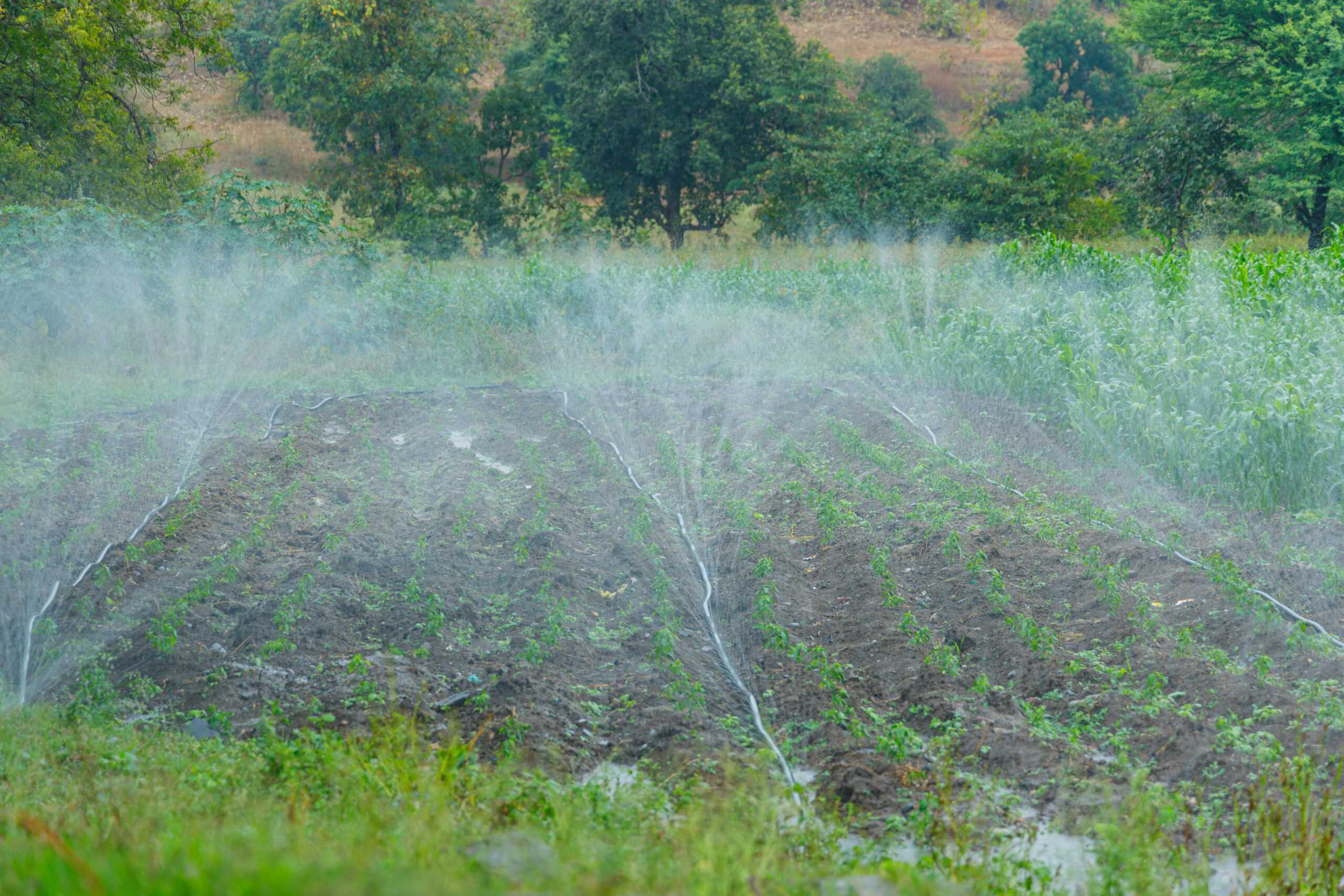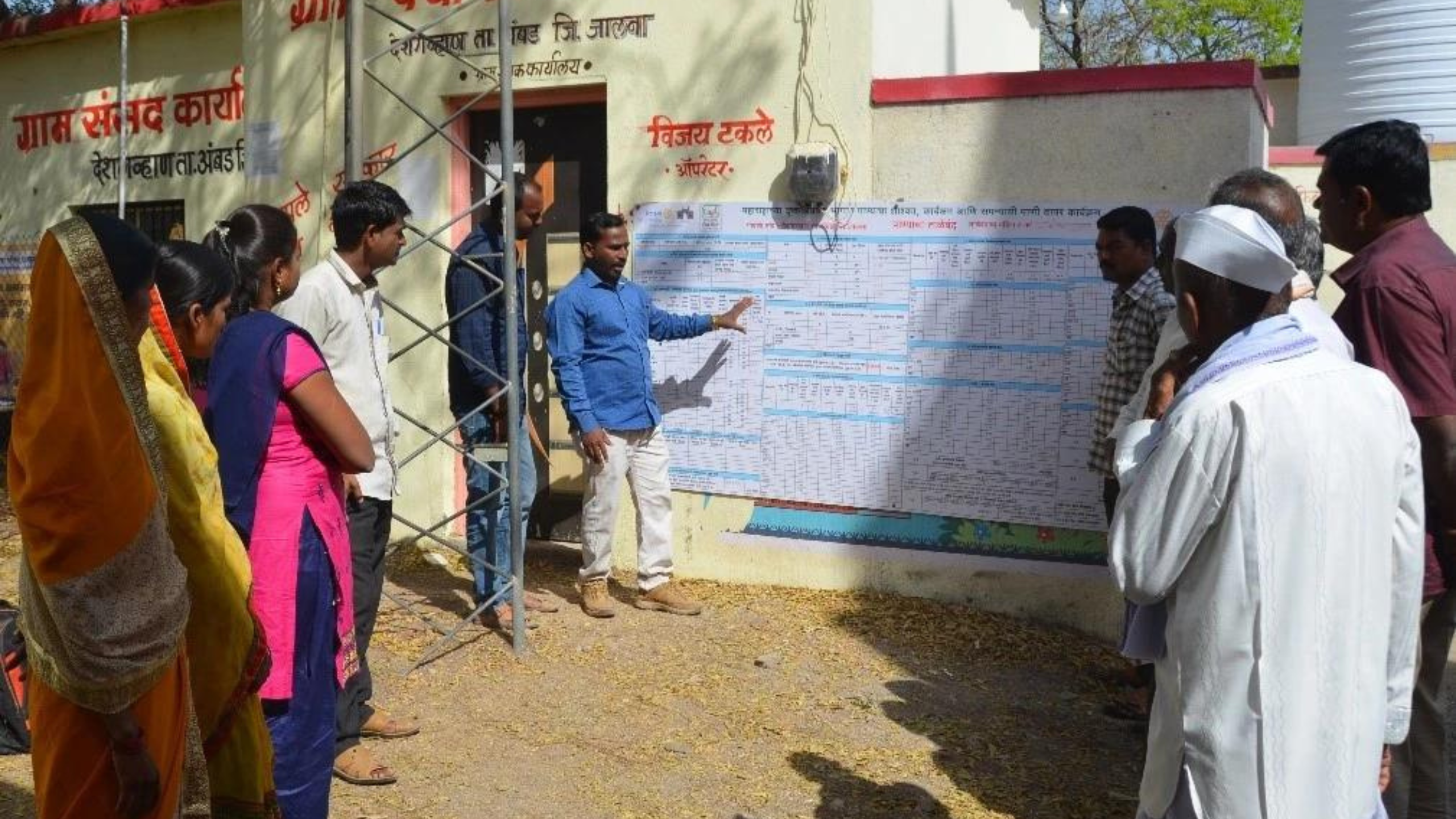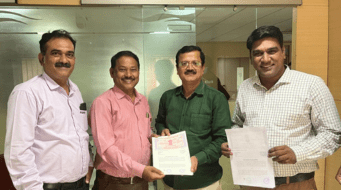In a landmark move poised to transform water stewardship across Maharashtra’s vulnerable regions, the Water Supply & Sanitation Department (WSSD), of the Government of Maharashtra has inked a Memorandum of Understanding (MoU) with the Watershed Organisation Trust (WOTR), Pune. This collaboration heralds a new era of sustainable water management, aiming to enhance water resilience amidst the challenges of climate change and water scarcity.

The non-financial MoU, signed in Mumbai in October, 2023, outlines a comprehensive framework for promoting water stewardship with the primary goal of building resilience in water management and governance in rural areas. This initiative is critical, given the WSSD’s mandate to ensure clean drinking water and sanitation facilities across the state’s rural landscape, supported by various government agencies and programs like the Atal Bhujal Yojana (ABY) and Jal Jeevan Mission (JJM).
WOTR’s role as a non-profit organisation and think tank specialising in climate adaptation, sustainable ecosystems, and community development through a participatory approach, positions it perfectly to contribute significantly to this mission. With a track record of impacting over 6.93 million people and regenerating 2.4 million hectares of degraded landscapes along with partners, WOTR’s expertise in water stewardship initiatives stands to benefit the project immensely.
This MOU is a response to the acute groundwater challenges that Maharashtra faces, part of a broader issue sought to be addressed by the World Bank-assisted Atal Bhujal Yojana. It aims to implement community-led sustainable groundwater management in water-stressed areas, a mission that WSSD is committed to enhancing through infrastructure development and community ownership.
WOTR’s ongoing project, ‘Building Resilience in Agriculture and Allied Sectors in Rural Maharashtra’, funded by the Indian Climate Collaborative (ICC) and the Government of Maharashtra, dovetails with the objectives of the MOU. The project focuses on promoting resilient rural communities and enhancing water security through participatory water budgeting, groundwater management, and improved water governance.
The partnership is structured around a series of objectives and tasks that include developing training curricula to promote water stewardship, reviewing and enhancing the Atal Jal competition matrix, customising the Water Governance Standard toolkit, undertaking pilot projects for water stewardship and aquifer management, and developing in consultation with stakeholders, a Strategy and a Road Map to rank villages in the State wth a “water score” to further strengthen water management and water governance in rural areas.

The roles and responsibilities are clearly delineated, with WOTR taking the lead in implementing water stewardship initiatives and the WSSD providing support, coordination, and facilitation.
As part of the MoU, the concept and practice of Water Stewardship will be implemented in 500 villages of the project pilot districts/ other districts. Moreover, WOTR will provide support for rating 300 villages in selected geographies of Ahmednagar, Dharashiv (earlier Osmanabad) and Gadchiroli districts with a water score.
A significant aspect of the MoU is the emphasis on participatory management and community ownership. By fostering a culture of stewardship and sustainable practices at the community level, the initiative aims to ensure long-term resilience and sustainability in water resources management. The MoU also outlines a plan for scaling these efforts, starting with pilot projects in selected districts, with the aim of eventually extending these practices statewide.
The collaboration between WSSD and WOTR, through this MoU, represents a forward-thinking approach to tackling the complex challenges of water scarcity and climate change. By combining government resources and institutional support with WOTR’s expertise in applied research and community engagement, the initiative promises to make a significant impact on the ground.
It leverages the strengths of both the government and a leading non-profit organization to foster a culture of water stewardship that promises to enhance the resilience of rural communities against the backdrop of escalating environmental challenges. As this initiative unfolds, it will undoubtedly serve as a beacon for similar partnerships, both within India and globally, highlighting the critical role of collaborative, multi-stakeholder approaches in achieving water security and sustainability.





